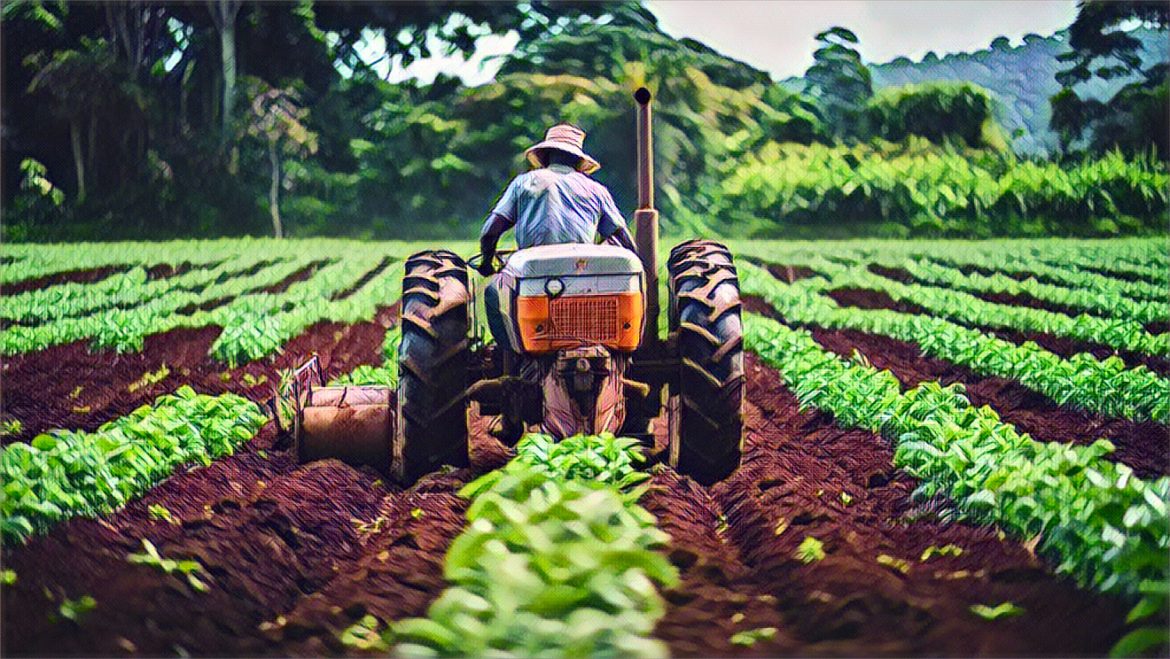In the face of escalating food prices, insecurity, climate change, and farmer-herder conflicts, Nigeria is turning to agricultural biotechnology as a solution to boost food production. Despite spending over N7.8 trillion on food imports in six years, Nigeria holds the potential to transform from a food importer to an exporter through effective agricultural policies.
Governments worldwide are investing in agricultural biotechnology, known for enhancing plant growth, yield, pest resistance, and nutritional content. With a projected compound annual growth rate of 8.0 percent by 2025, Nigeria is poised to adopt this trend to meet its food requirements.
According to a report by This Day Live, biotechnology in agriculture has revolutionized productivity, environmental impact, and food quality. Nigeria, already leading in genetically modified crop adoption in Africa, approved pest-resistant BT cotton and cowpea in 2019, vital for economic development and the food value chain.
Biotechnology’s contributions extend to improved seed quality, the development of biofuels addressing greenhouse gas emissions, and the enhancement of the food supply chain.
The National Biotechnology Development Agency (NBDA) in Nigeria emphasizes biotechnology as a transformative tool addressing challenges in agriculture, healthcare, and environmental conservation. Accurate public understanding and acceptance are crucial for its full potential, with the media playing a vital role in disseminating balanced information about biotech advancements.
Despite its advantages, biotechnology in agriculture carries risks like loss of genetic diversity, environmental impact, and food safety concerns. Genetic diversity loss could potentially replace native species and diminish crop variety. Resistance development in insect pests to crop protection also threatens the environment. However, Nigerian agriculture’s vulnerability to climate change necessitates biotech tools for adaptation, as highlighted by NABDA.
Dr. Rose Gidado of NABDA assures that biotechnology tools are essential in the current emergency in Nigeria’s food and agricultural sectors. The commercial biotech crops cotton and PBR cowpea have shown no evidence of safety or health risks to date.
Dr. Agnes Yemisi Asagbra of the National Biosafety Management Agency underscores the need for modern biotechnology applications within a legal framework to protect human health and the environment while harnessing biotech’s potential.
Agricultural biotechnology raises ethical debates around societal norms, beliefs, and values. While some scholars support biotech for improving food security and reducing synthetic pesticide use, others express concerns over overproduction, unnatural biological diversity, and dominance by multinational agribusiness corporations.
The ethical debate demands a balance between the greatest good for farmers, the environment, and sustainability principles. With this in mind, the Nigerian government faces a crucial decision: invest significantly in agri-biotech development or exercise caution due to the perceived risks.


